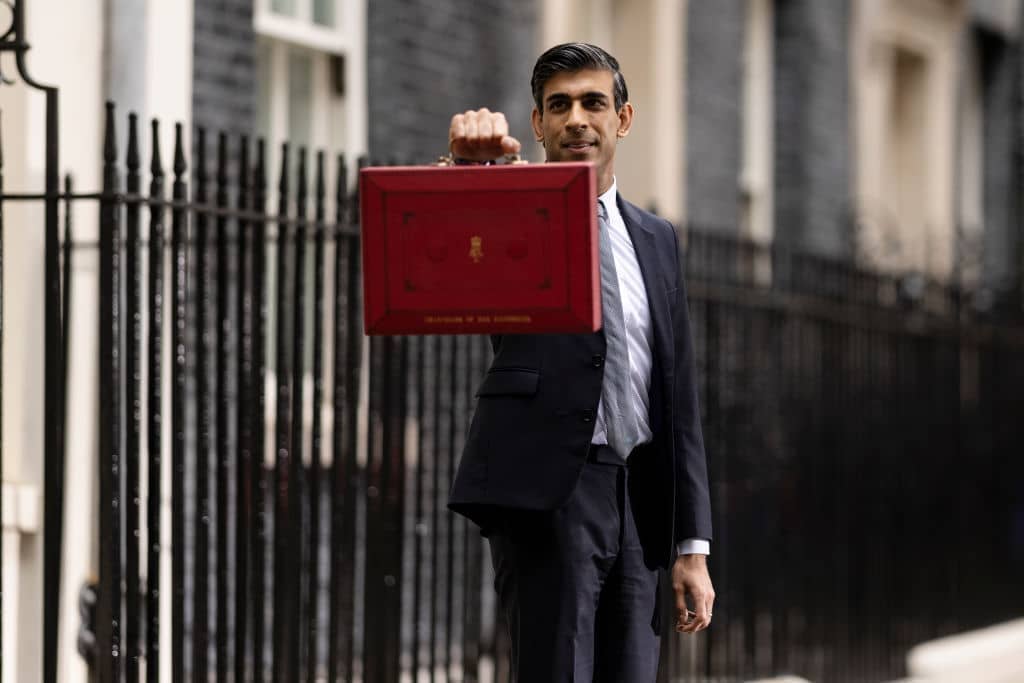The Conservative party has always sold itself to voters as the party of low taxation, but it has now pushed taxes higher than any post-war Labour government dared. High spending was the tool the Prime Minister reached for at every turn in the pandemic, leaving Britain with one of the biggest post-Covid bills in Europe. His recovery plan was to part-nationalise care homes, taxing the working poor to protect the assets of the wealthy. Taxes are now heading to a 70-year high. Not Conservatism, it seems, but its inversion.
Rishi Sunak’s Budget this week marks a potential turning point in this narrative. It has not changed the overall fiscal direction — that die was cast when the Prime Minister decided to adopt the ten-year-old Dilnot report subsidising nursing care for the better-off. But the Office for Budget Responsibility gave the Chancellor more room to manoeuvre, upgrading its forecasts and allowing him to borrow more.

Get Britain's best politics newsletters
Register to get The Spectator's insight and opinion straight to your inbox. You can then read two free articles each week.
Already a subscriber? Log in






Comments
Join the debate for just $5 for 3 months
Be part of the conversation with other Spectator readers by getting your first three months for $5.
UNLOCK ACCESS Just $5 for 3 monthsAlready a subscriber? Log in